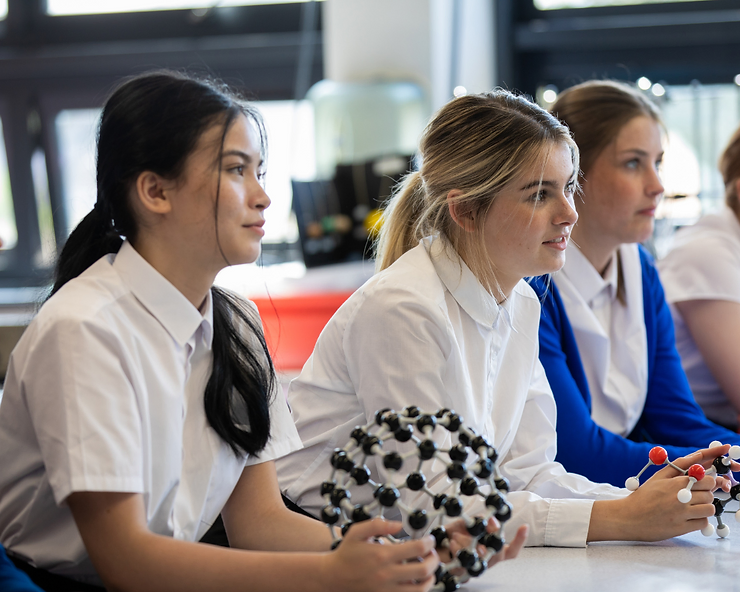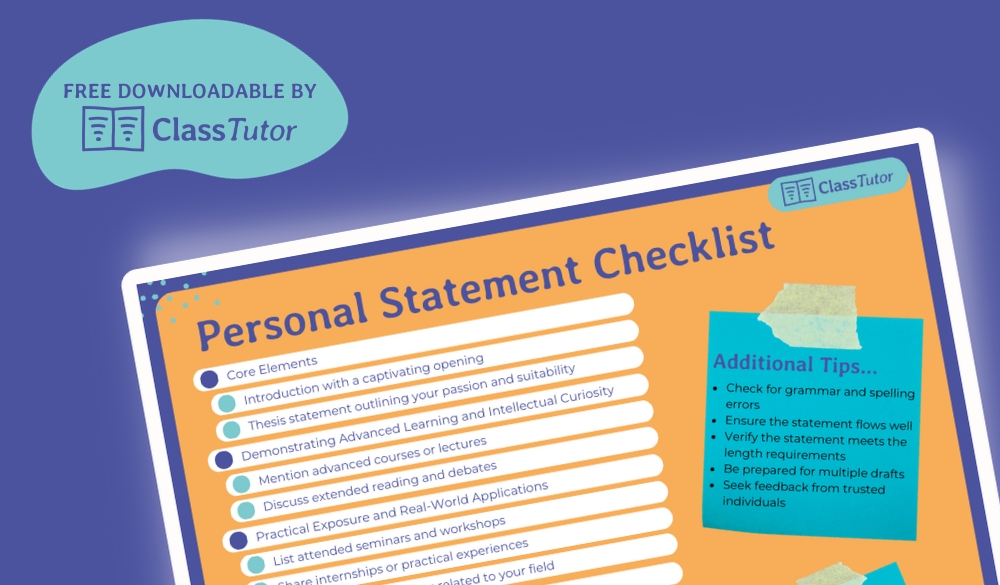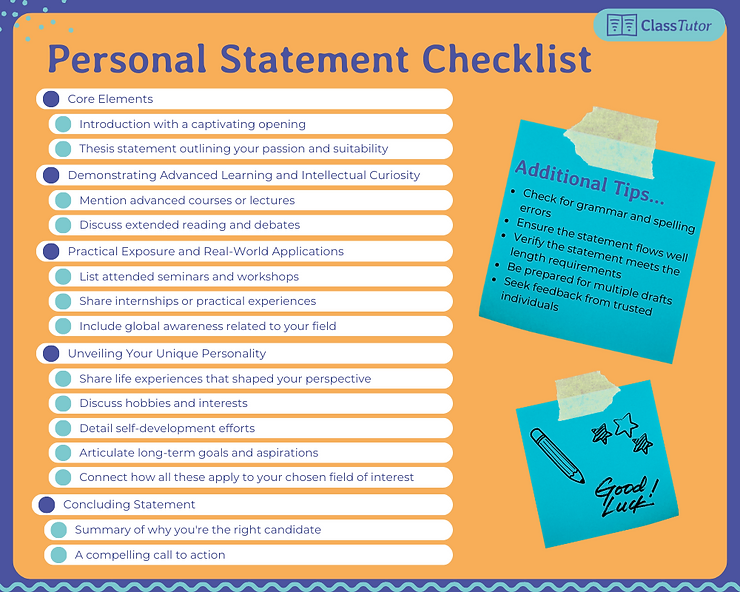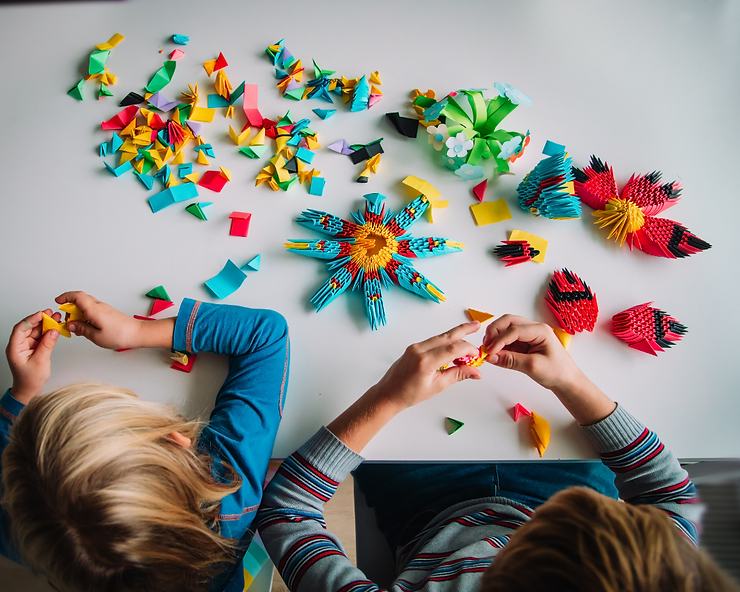Balancing School Work with Extracurricular Activities
Balancing School Work with Extracurricular Activities

In the dynamic world of modern education, students are not only engaged in academics but are also immersed in a plethora of extracurricular opportunities.
These activities, from sports and arts to community service, play a pivotal role in shaping their character, instilling discipline, and providing diverse life experiences.
The challenge, however, is in achieving a harmonious blend of both these worlds. This guide offers insights and tangible strategies to help students gracefully navigate their academic and extracurricular commitments.
1. Prioritise and Plan
At the heart of effective time management lies the ability to discern between what’s urgent and what’s important.
This is especially crucial for students who must juggle multiple commitments. Creating a visual representation of their week or month through detailed schedules can preemptively identify potential overlaps between school assignments and extracurricular engagements.
📌 Top Tip: Embracing digital tools, such as calendar apps, can be transformative. They not only serve as visual aids but also come equipped with features like reminders and conflict alerts. This proactive approach minimises the risk of overcommitting and helps in designating dedicated time blocks for each activity.
2. Stay Organised
Organisational prowess isn’t just about cleanliness; it’s about efficiency.
By maintaining order in both their physical and virtual spaces, students can significantly reduce the time wasted in searching for materials or information, leading to enhanced productivity.
📌 Top Tip: Start by designating specific areas or folders for each type of activity. A study corner equipped with all necessary supplies, a digital folder dedicated to each subject, and a systematic arrangement of extracurricular gear can streamline daily routines.
Regularly decluttering these spaces ensures that only essential items remain, making tasks more manageable and less overwhelming.

3. Opt for Flexible Learning Solutions
In today’s diverse educational landscape, flexibility is paramount. ClassTutor stands out by offering top-tier educators, carefully selected from renowned universities, all at an affordable price bracket.
These teachers specialise in delivering captivating online lessons designed to propel your child to their peak academic potential. With a straightforward registration process and an intuitive Portal for parents to monitor their child’s performance, ClassTutor offers a seamless learning experience.
📌 Top Tip: Platforms like ClassTutor ensure that academic progression remains uninterrupted, even with a bustling extracurricular calendar. Explore their Class Times to align seamlessly with your child’s existing schedule.
4. Set Realistic Goals
Ambition is commendable, but overextension can lead to stress and exhaustion. Students must gauge their capacities honestly and set achievable goals that challenge them without causing burnout.
📌 Top Tip: Allocate moments for self-reflection. Periodically assess the feasibility of current commitments.
Are certain activities consistently feeling like a strain? Perhaps it’s time to revisit and adjust the plan. Remember, the aim is continuous growth without compromising well-being.

5. Communication
In the varied journey of school life, open channels of communication with mentors, educators and peers are invaluable.
By keeping them informed about upcoming events, deadlines, or potential scheduling conflicts, students can often find collaborative solutions.
📌 Top Tip: Encourage regular check-ins with academic and extracurricular mentors. Sharing calendars or creating a shared platform for communication can foster a supportive environment where adjustments can be made collaboratively, ensuring the student’s holistic development.
6. Importance of Rest
In the pursuit of excellence, downtime often gets sidelined. Yet, it’s the silent fuel that powers sustained performance. Rejuvenating the mind and body through rest not only enhances daily productivity but also improves long-term resilience.
📌 Top Tip: Incorporate relaxation techniques into daily routines. This could be in the form of mindfulness exercises, short power naps, leisurely walks, or just unplugging from screens and immersing in nature.
These seemingly simple breaks can remarkably revitalise energy levels and foster better focus.
The art of balancing schoolwork with extracurricular activities is a testament to a student’s adaptability and determination.
With the right strategies, tools, and mindset, they can not only achieve this balance but also extract the maximum value from both domains, setting them up for a future marked by resilience, versatility, and success.

























